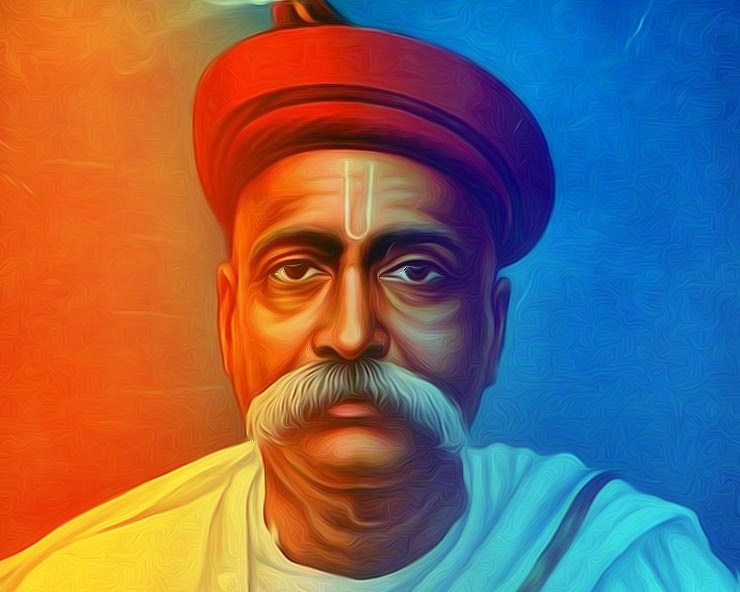
Bal Gangadhar Tilak death anniversary: His early life, political career & views

Today (August 1) marks the 102nd death anniversary of Bal Gangadhar Tilak, an Indian nationalist, teacher, and independence activist.
He was the first leader of the Indian Independence movement. The British called Tilak the “Father of the Indian unrest”.
Tilak was also conferred with the title of “Lokmanya” meaning “accepted by people as their leader”.
He was a freedom fighter, journalist, social reformer, philosopher, Indian Nationalist and political leader. He popularised the slogan “Swaraj is my birthright and I shall have it”. He founded “Home Rule League” to achieve self-government in India.
He started ‘Kesari’ and ‘Mahratta’ weekly newspapers.
Early life
Tilak, also known as Keshav Gangadhar Tilak, was born on July 23, 1856, in a Marathi Hindu Chitpavan Brahmin family in Ratnagiri.
His father Gangadhar Tilak, a school teacher, died when Tilak was 16 years old. A few months before his father’s death, Tilak was married to Tapibai, later known as Satyabhamabai.
Also Read: Sanjay Gandhi’s 42nd death anniversary: Son Varun Gandhi pays tribute
Tilak’s political career
Tilak fought for Indian autonomy from British colonial rule. Before Mahatma Gandhi, Tilak was the most widely known Indian political leader. Considered a radical nationalist but a social conservative, Tilak was imprisoned on numerous occasions.
One of the most eminent radicals during the 1890s, he joined the Indian National Congress and opposed its moderate attitude towards the fight for self-rule or the Swadeshi movement.
Tilak’s thoughts
Tilak aimed to unite the Indian population for mass political action against the colonisers. He strongly opposed liberal trends such as emerging women’s rights and the social reforms against untouchability. He was against the establishment of the first Native girls High School in Pune in 1885.
Also read: Candle light march held in Kolkata to pay tribute to Father Stan Swamy on first death anniversary
However, Tilak’s son Shridhar Tilak later campaigned for the removal of untouchability in the late 1920s along with Dr. BR Ambedkar.
Death
During Tilak’s stay in Mumbai, he was afflicted with Malaria which later affected his lungs. He suffered a cardiac arrest and passed away on August 1, 1920.
PM Modi’s tribute
Last month, on Tilak’s birth anniversary on July 23, Prime Minister Narendra Modi tweeted, “One of the everlasting legacies of Lokmanya Tilak is the large scale Ganesh Utsavs, which ignited a spirit of cultural consciousness among the people. During one of my Mumbai visits, I visited the Lokmanya Seva Sangh, which has a close association with Lokmanya Tilak.”
One of the everlasting legacies of Lokmanya Tilak is the large scale Ganesh Utsavs, which ignited a spirit of cultural consciousness among the people. During one of my Mumbai visits, I visited the Lokmanya Seva Sangh, which has a close association with Lokmanya Tilak. pic.twitter.com/AwtYpkpc1E
— Narendra Modi (@narendramodi) July 23, 2022

